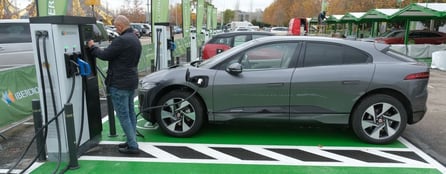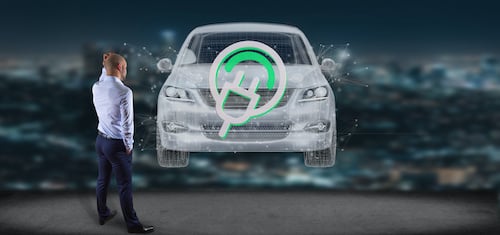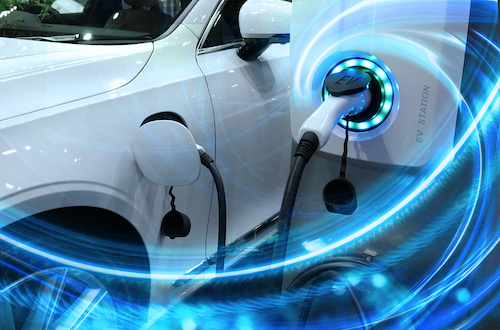Electric vehicles are much different than traditional gasoline vehicles. So if you’re considering buying an electric vehicle, it’s important to do your research. Here are seven questions you should ask yourself to ensure you’re making the right decision about purchasing an electric vehicle.
What Type Of Driving Do You Do?
Electric vehicles have a specific range they can travel before needing to be charged. So evaluate your driving closely and determine how often you will need to charge it so you aren’t left stranded.
Can You Charge The Electric Vehicle At Home?
Different types of charging stations are available for electric vehicles. Level 1 charging plugs in directly to a wall outlet, but there are multiple other levels that go all the way up to large commercial charging stations. You need to know whether you can charge your vehicle at home and how quickly it will charge. Many times people who drive a lot need an electrician to wire their house to install a level 2 charger to speed up the charging process.
re There Public Charging Stations Nearby?
Look around for public charging stations near the areas you travel most. You never know when an emergency will arise and you need a quick charge, so having public charging stations close to you can bring some peace of mind.
Can You Make A Road Trip?
The range of most electric vehicles is 200-300 miles. If you go on road trips longer than this, you’ll need to factor in charging times, which could be several hours.
Should You Buy A New Or Used Electric Vehicle?
 Used electric vehicles have a cheaper price tag than new ones. However, new vehicles come with a warranty, which can be beneficial when you consider the high cost of the components in the vehicles. You also get a better tax credit buying new versus used, so all of these factors should be considered in your decision.
Used electric vehicles have a cheaper price tag than new ones. However, new vehicles come with a warranty, which can be beneficial when you consider the high cost of the components in the vehicles. You also get a better tax credit buying new versus used, so all of these factors should be considered in your decision.
What Type Of Maintenance Do Electric Vehicles Require?
Electric vehicles have fewer moving parts than gasoline, but other maintenance concerns should be considered as well. Since the battery packs are extremely heavy, electric vehicles need tires replaced at a higher rate. Suspension components and braking systems are also stressed and could lead to maintenance concerns.
What Does Insurance Cost On Electric Vehicles?
Insurance premiums are about 23% higher on average for electric vehicles. The main reason for this is because of the high cost of equipment and replacement parts for this type of vehicle.
While these are some of the most common questions you should ask yourself before buying an electric vehicle, we understand there are plenty more you might have. Don’t hesitate to contact us at DeBoer’s Auto for more information.









